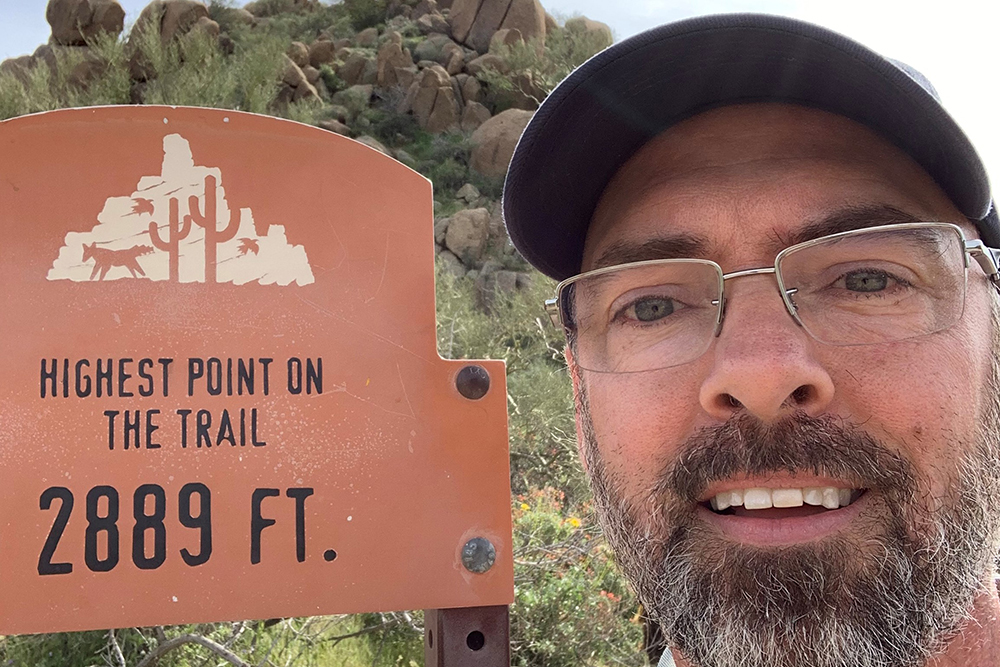
From evaluating how the COVID-19 pandemic affected learning to advocating for the most efficient dyslexia screening tools, John Bielinski continues to innovate in the student assessment field.
This week, Bielinski and colleague Rachel Brown, both of education technology company Renaissance, presented Demystifying Dyslexia: The History, Research, and Best Practices for Supporting All Students, a webinar for teachers, school leaders, psychologists, and other professionals.
“The term ‘dyslexia’ has been around a long time, and identifying students with learning disabilities is what our assessments are designed to do, but in this forum, we wanted to talk to educators and other school personnel about the latest information on screening,” said Bielinski, who early in his career spent five years at the National Center on Educational Outcomes as a graduate research assistant and then a research associate. “We’re raising the question of whether additional dyslexia screening tests are necessary, given the other screening schools do. Testing should be as brief and unobtrusive as possible.”
This point may be particularly salient today, as students come back to the classroom after significant pandemic disruptions in recent years. Bielinski and his team led a pair of studies comparing student performance in the spring of 2020 and 2021 to previous years, finding that reading and math scores dipped significantly.
“John was a critical part of the NCEO staff,” said Martha Thurlow, senior research associate at NCEO, a designated center within the Institute on Community Integration. “He was always willing to explain his procedures and help us learn how assessments could be developed to best meet the needs of students with disabilities.”
He continued working in the field after leaving NCEO in 2002, and joined FastBridge Learning, a startup created by Ted Christ and colleagues in the Department of Educational Psychology, in 2018. FastBridge has since been acquired, most recently by Renaissance. In addition to his current career interests, he said, he rarely passes up an opportunity to hike a trail.
Sheryl Lazarus, now NCEO’s director, was a graduate research assistant when Bielinski was working at the organization.
“I appreciated John’s patience and willingness to answer my many questions about assessments and measurement,” she said.
At NCEO, Bielinski developed a career-long interest in helping students who are struggling to learn.
“I am particularly interested in the many students who aren’t succeeding, but who haven’t qualified for special services,” he said. “What can we do on the assessment side to identify them and do something useful to support their learning needs?”



